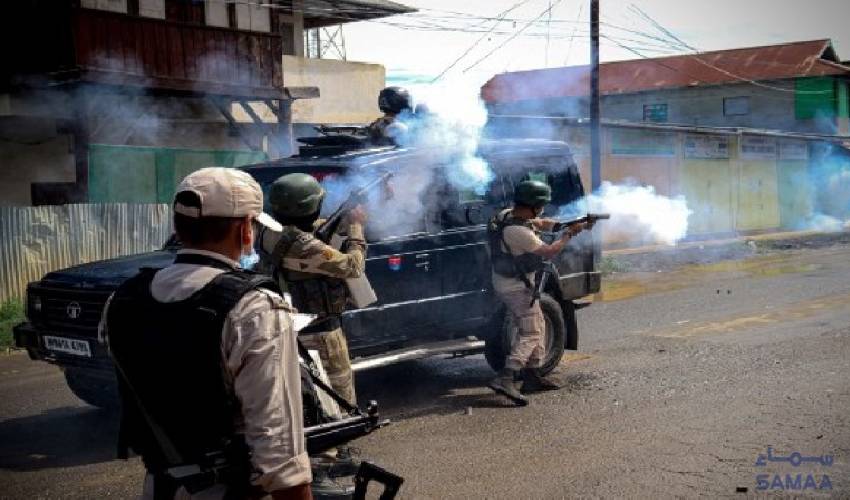Canada has issued a new travel advisory for India, asking its citizens to exercise a high degree of caution while traveling to India.
The development came in the backdrop of Canada expelling an Indian diplomat over the killing of a Canadian citizen—Khalistan leader Hardeep Singh—and in a tit-for-tat move India also asked a Canadian diplomat to leave New Delhi.
Read Also:
Who is Pavan Kumar Rai? India’s diplomat kicked out of Canada
Canada expels top Indian diplomat over killing of Khalistan leader Hardeep Singh Nijjar
Canada issued a travel advisory for the Union Territory of Jammu and Kashmir that the security situation in the Union Territory of Jammu and Kashmir is tense. There are high risks of violent protests, civil unrest, and acts of terrorism and militancy.
The Canadian foreign ministry said that violent clashes between militants and security forces occur regularly wherein terrorist attacks against security forces have led to civilian casualties while further attacks could take place at any time and Canadian citizens could find themselves in the wrong place at the wrong time.
The Indian army has enhanced powers in this territory. Authorities may impose curfews and security restrictions on short notice to avoid gatherings and demonstrations, always carry ID, expect a heightened security presence and security checks and follow the instructions of local authorities.
Canadian travel advisory said that the level of tension between India and Pakistan may change suddenly and travelers could experience difficulties when travelling between the two countries and they may be subject to scrutiny if officials from either country become aware that you have recently travelled to the other.
The security situation along the border with Pakistan, especially along the Line of Control (LoC), which separates the Union territories of Jammu and Kashmir (Occupied) and Ladakh from Pakistan’s Azad Jammu Kashmir (AJK) remains volatile.
Cross-border gunfire and shelling are occurring sporadically along the LoC. The presence of landmines and unexploded ordnance also constitute a risk.
Although international travellers regularly use the Wagah border crossing linking Amritsar, India, to Lahore, Pakistan, it remains vulnerable to attack. Security measures are in place. You may experience long delays.
Several extremist and insurgent groups are active in the northeastern states of Assam and Manipur. They regularly target local government and security forces and may use various criminal activities to finance their activities. Ethnic tensions in the State can also lead to conflict and civil unrest.
There is a threat of terrorism in India, particularly in the Union territory of Jammu and Kashmir, the State of Manipur, the State of Assam, and areas of East India where Naxalites groups are active.
Maoist extremist insurgents, known as Naxalites, are responsible for the majority of terrorist attacks in India. These groups are usually based in rural and forested areas within zones of concern, as defined by the Government of India, which include Andhra Pradesh, Bihar, Chhattisgarh, Jharkhand, Madhya Pradesh, Maharashtra, Odisha, Telangana, Uttar Pradesh and West Bengal.



























